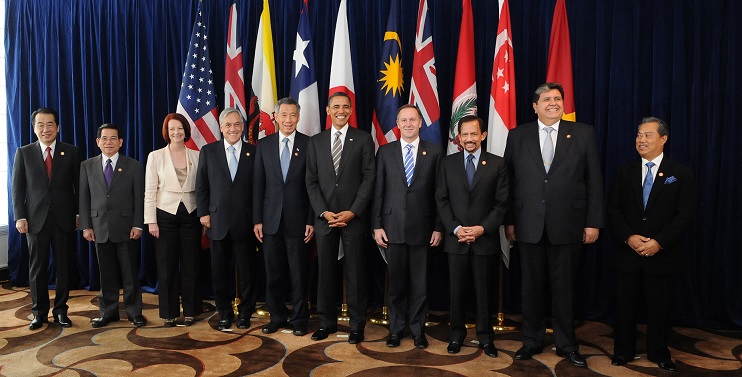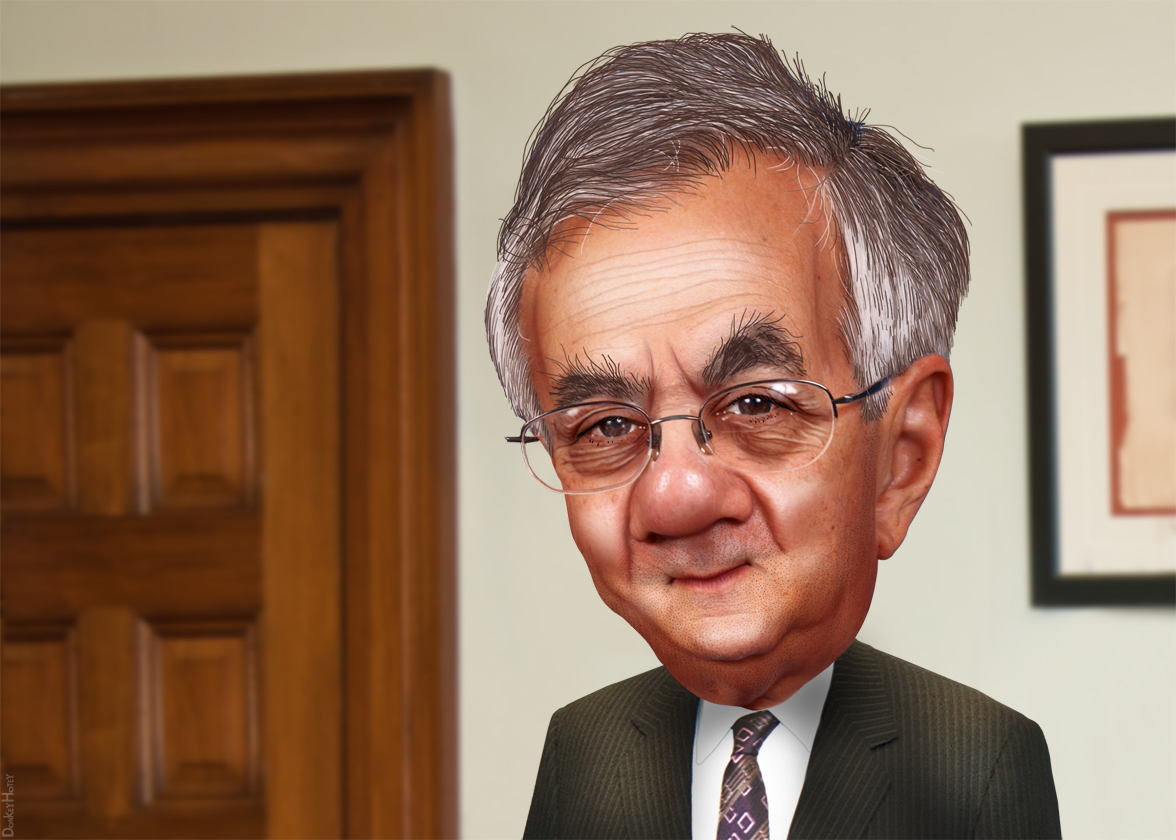O
n June 12, 2015, efforts to move forward the controversial Trans-Pacific Partnership (TPP) were stalled by members of the US House of Representatives, dealing a blow to what has become a cornerstone of President Barack Obama’s foreign policy agenda. While the TPP itself was not defeated, Congress rejected a measure to compensate workers who might lose their jobs due to the TPP, which in turn blocked Obama’s pursuit of fast-track authority on the bill. This authority would allow the President to negotiate the bill according to his liking, and Congress would only be able to vote Yes or No on the finished product without interfering in any of the details. The political debate regarding the TPP has received ample coverage by the American media, and Obama is now trying to rework his strategy to pass the agreement.

The 12 countries currently negotiating the TPP are Brunei, Vietnam, Malaysia, Singapore, Peru, Chile, New Zealand, Australia, Mexico, Japan, the US, and Canada. Interestingly, while a heated debate regarding the merits of the agreement rages on further south, there has been minimal discussion about it in Canada. Despite the fact that the TPP encompasses a population of 800 million people with a total GDP of over $25 trillion, only 25% of Canadians have heard of it, according to a recent poll. Members of the Trade Justice Network, the group that commissioned the poll, have expressed dismay regarding what they perceive as excessive secrecy surrounding the TPP negotiations. Indeed, with such a large chunk of the global economy at stake, Canadians should take a greater interest in the debate, and the federal government should be more proactive in educating the public about the agreement’s potential benefits and drawbacks.
Proponents of the trade deal argue that it will greatly enhance economic growth in all 12 countries, and that it will improve relationships between all negotiating parties. This agreement can foster bonds of trust and goodwill, which are essential in the interest of long-term peace and diplomacy. Advocates also look to previous multilateral trade agreements such as NAFTA and CEFTA, which generated billions of dollars in additional income for the constituent countries. Furthermore, many see the TPP as a tool to enhance America’s leverage in Asia, which is needed to offset China’s rising influence.
While the TPP is bound to stimulate economic growth and strengthen international relationships, it is not clear that these outcomes are sufficient to outweigh the many concerns raised by critics of the deal. According to several economic scholars, free trade agreements improve opportunities for businesses and investors while depressing wages and threatening job security. The TPP is especially concerning because it involves low-wage countries like Vietnam, which has a minimum wage of less than 60 cents per hour. The fear is that by opening up competition with Vietnam and others, countries like Canada and the US will experience tremendous job loss and a sharp decline in domestic wages.
The gutting of regulations is another concern for sceptics of the TPP. Canada joined the TPP negotiations very late into the game, and was only allowed to participate if Canadian diplomats did not change any of the text that was already agreed upon. This means that many details of the deal could be unfavourable to Canadian interests. Specifically, many fear that the TPP’s policies on intellectual property rights will impede efforts to minimize drug costs, which are already among the highest in the world in Canada. The TPP will also establish an investor-state dispute settlement (ISDS) process, which allows foreign companies to dispute national protections regarding health, safety, and the environment. This is problematic for Canada, which is the most sued developed-country in the world. Using NAFTA’s ISDS mechanism, corporations have launched legal battles against Canada’s ban on fracking in Quebec as well as its withholding of permits to construct a quarry in an environmentally-vulnerable area of Nova Scotia, among others. Such disputes have cost the Canadian government hundreds of millions of dollars in penalties already, and the TPP would further expose Canada to challenges by international investors.

Currently, it is not clear that Canada will benefit much from the TPP. Canada’s trade restrictions are already very low with each of the parties to the agreement, and free trade agreements have already been established with the US, Mexico, Chile, and Peru. Moreover, even research conducted by proponents of the TPP has predicted that the deal would have a negligible effect on Canada’s GDP. Nobel prize-winning economists such as Joseph Stiglitz and Paul Krugman have claimed that the costs of the TPP will greatly outweigh its benefits. If the Canadian government wants its citizens to support this trade deal, it needs to do a better job of selling it to the public. So far, Ottawa has not released any predictions about the benefits of the TPP. With such a scarcity of information on the subject, it is not a surprise that Canadians have given little attention to the TPP.




